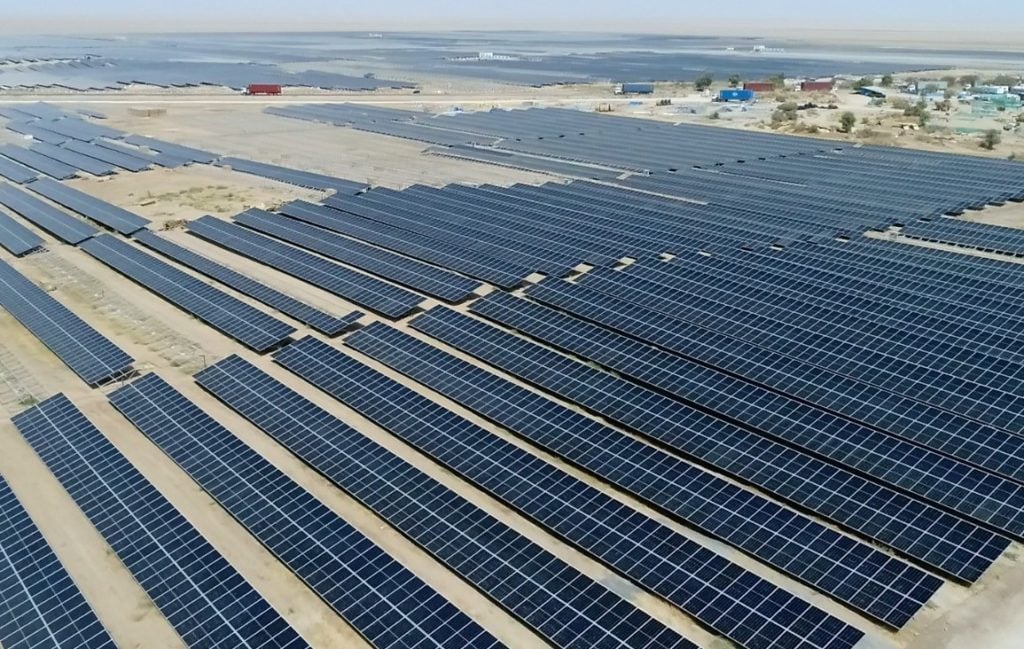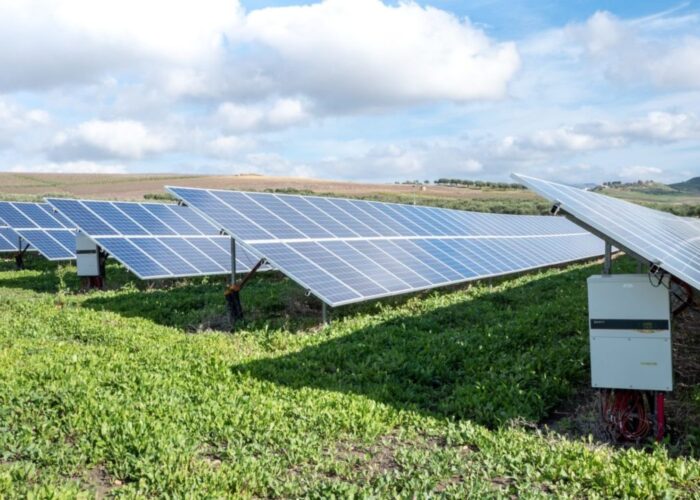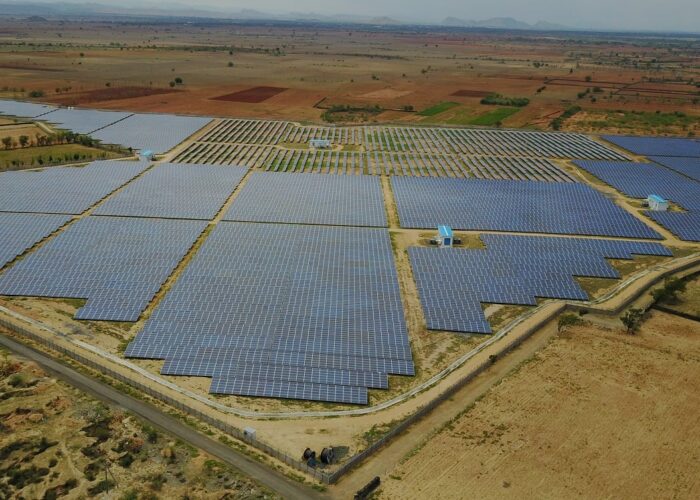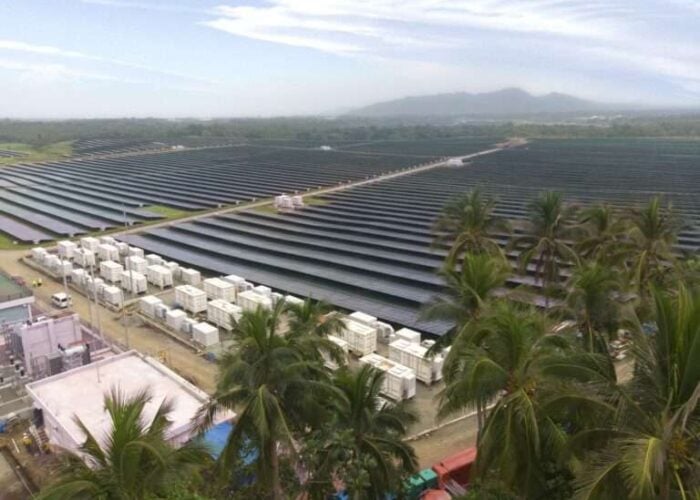
The Indian states of Gujarat and Karnataka are well prepared to continue the electricity transition and have integrated renewables into their power sectors, according to energy think tank Ember.
In collaboration with the Institute for Energy Economics and Financial Analysis (IEEFA), Ember’s State Electricity Transition (SET) report examines 21 Indian states to help identify the areas that require action and attention at state levels.
Unlock unlimited access for 12 whole months of distinctive global analysis
Photovoltaics International is now included.
- Regular insight and analysis of the industry’s biggest developments
- In-depth interviews with the industry’s leading figures
- Unlimited digital access to the PV Tech Power journal catalogue
- Unlimited digital access to the Photovoltaics International journal catalogue
- Access to more than 1,000 technical papers
- Discounts on Solar Media’s portfolio of events, in-person and virtual
Three electricity transition dimensions are included in the report, including decarbonisation, which assesses how effectively states are reducing carbon emissions in their electricity sector; readiness and performance of the power ecosystem, which evaluate the states’ preparedness to transform their power system while ensuring reliable electricity supply; and market enabler, which assesses the presence of conducive market conditions and policy mechanisms that facilitate the growth of renewable energy.
Gujarat and Karnataka are the only Indian states to become top performers across all dimensions. In the decarbonisation dimension, Karnataka stands out as the top performer thanks to its share of renewable energy consumption (37%) in the total electricity consumption. Consequently, the state also has a relatively low power sector emission intensity.
Moreover, Karnataka has also added significant renewables capacity, emerging as the fifth-largest contributor between 2020 and February 2024, representing about 7% or 3.4GW of the total renewables capacity addition excluding large hydro by 21 states.
Since 2020, Gujarat has contributed almost a quarter of India’s total renewable energy capacity additions and has added about 12GW of renewables capacity since 2019. However, its renewables consumption (17%) is relatively lower than the top-performing states due to the low Renewable Purchase Obligation (RPO) target set by the Gujarat State Electricity Commission. This target is lower than the recommended RPO target of about 25% for FY2022-23 set by India’s ministry of power.
Significant investment in renewables infrastructure and expenditure within the state enable Gujarat to be one of the top performers in the decarbonisation dimension.
Readiness and performance of the power ecosystem
Gujarat boasts the highest distribution company (DISCOM) rating by the Power Finance Corporation, ensuring reliable electricity supply with just a 0.03% power shortage in FY2023. The state has also built about 30% more (approximately 5,081MW) renewables capacity as of February 2024, over the Ministry of New and Renewable Energy’s (MNRE’s) suggested state target for December 2022.
In the future, as Gujarat utilised just 12% of its renewables potential, the state has ample room for further growth in using renewables.
In Karnataka, the state has only about 7% (approximately 1,592MW) of its renewable energy installed capacity as distributed solar energy.
Market enabler and conclusion
Karnataka excels in the market enabler dimension with a competitive incremental green tariff rate of INR0.5 (US$0.006) per kWh, an existing renewable energy policy applicable until 2027, and the adoption of green open access rules. For example, the state leads with a high number of electric vehicle (EV) public charging stations, boasting one station per 62 EVs as of January 2024. The state also surpasses Delhi and Maharashtra with 5,059 public EV charging stations.
Gujarat is one of the “frontrunners” with functional state renewable energy policies, and its green tariff rate (INR1.5 per kWh) is the highest among all states.
The report concludes that although both Karnataka and Gujarat perform well across all dimensions, they still have significant work to do in strengthening decentralised renewable energy (DRE) penetration and short-term market participation.
| PV Tech publisher Solar Media will be organising the Solar Finance & Investment Asia Summit in Singapore, 24-25 September. The event will bring together the most influential leaders representing funds, banks, developers, utilities, government and industry across the Asia-Pacific region on a programme that is solutions-focused from top to tail. For more information, including how to attend, please go to the official website. |







